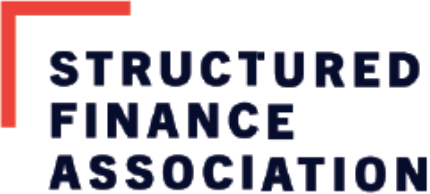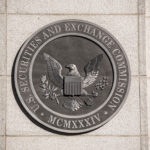
Disclosure & Reporting
A strong disclosure regime and resulting transparency allows for greater investor understanding of and confidence in specific securities.

Overview
Enhanced transparency has become a key focus for the securitization industry in order to improve investor confidence and expand the investor base. A consistent and standard securitization structuring and reporting framework is critically important within this effort.
Publications & Resources
SFA Builds Consensus on Equipment, Auto Dealer Floorplan and Credit Card ABS Disclosure
June 23, 2015
News
Federal Court Rules on Challenge to Corporate Transparency Act, Declaring it Unconstitutional
Judge Liles C. Burke of the U.S. District Court in Huntsville, AL ruled on March 1st that the Corporate Transparency Act (CTA), which was intended…
Treasury Urges Insurers to Manage and Disclose Climate-Related Risks
In an extensive report released on June 27, the U.S. Department of Treasury called on insurers and state regulators to ramp up their efforts to…
Fed’s Pilot Program for Climate-Related Stress Tests—Six-Month Deadline for Six Bank Participants
Fed’s Pilot Program for Climate-Related Stress Tests—Six-Month Deadline for Six Bank Participants Participants in the Federal Reserve’s climate stress test pilot program—Bank of America, Citigroup,…
Members of Congress Submit Bipartisan Letter on SEC Rule 15c2-11
Members of Congress Submit Bipartisan Letter on SEC Rule 15c2-11 In late July twenty members of Congress submitted a bipartisan letter to the Securities and…
SEC Extends Comment Period on the Proposed Climate Risk Disclosure Rule, Reopens Comment Period on Two Other Rule Proposals
SEC Extends Comment Period on the Proposed Climate Risk Disclosure Rule, Reopens Comment Period on Two Other Rule Proposals Following advocacy efforts by SFA and…



